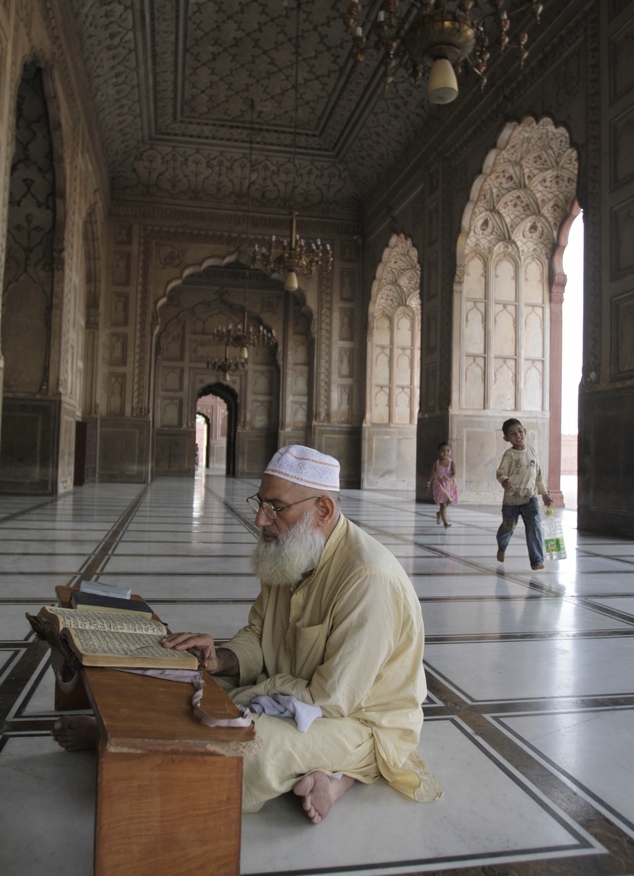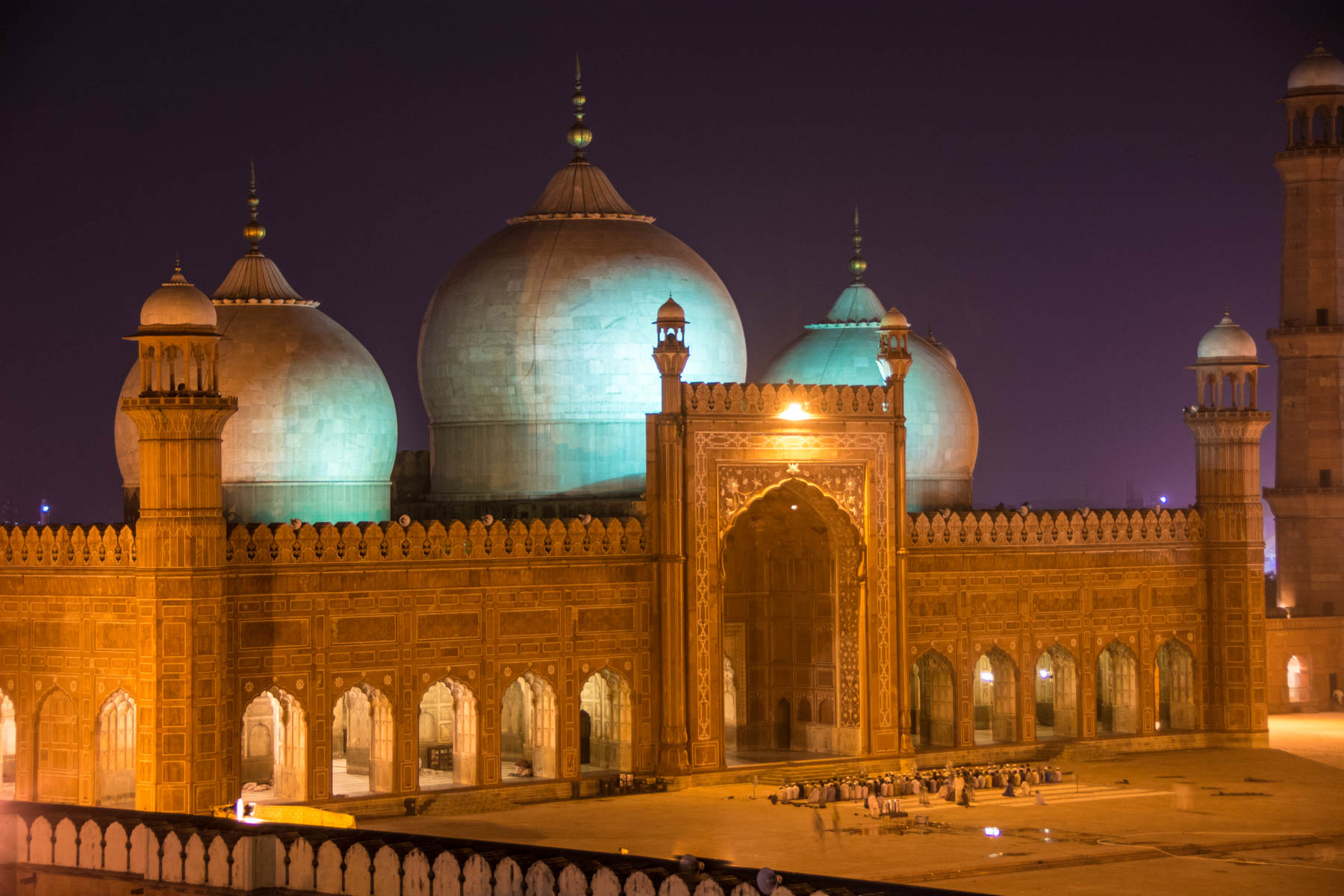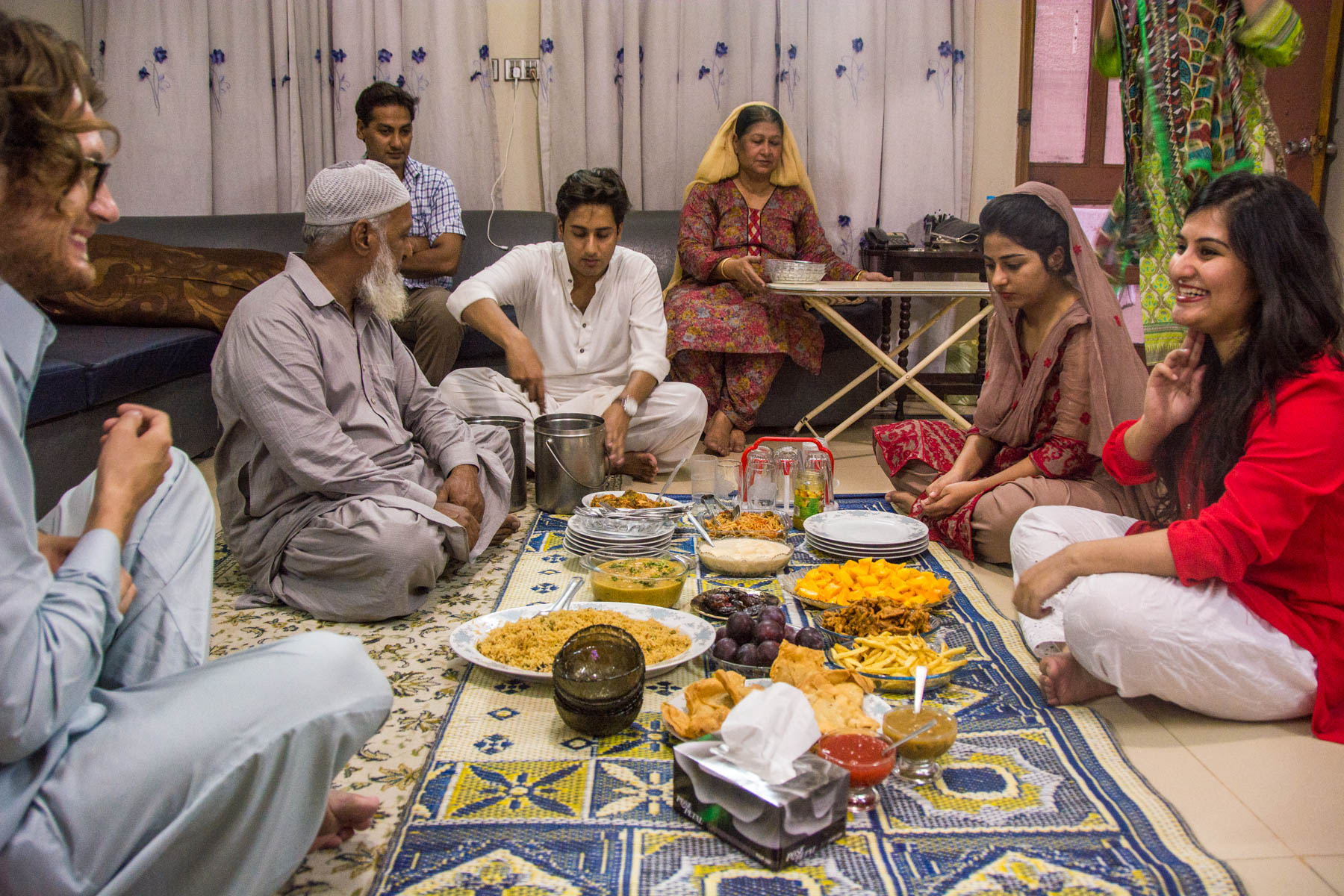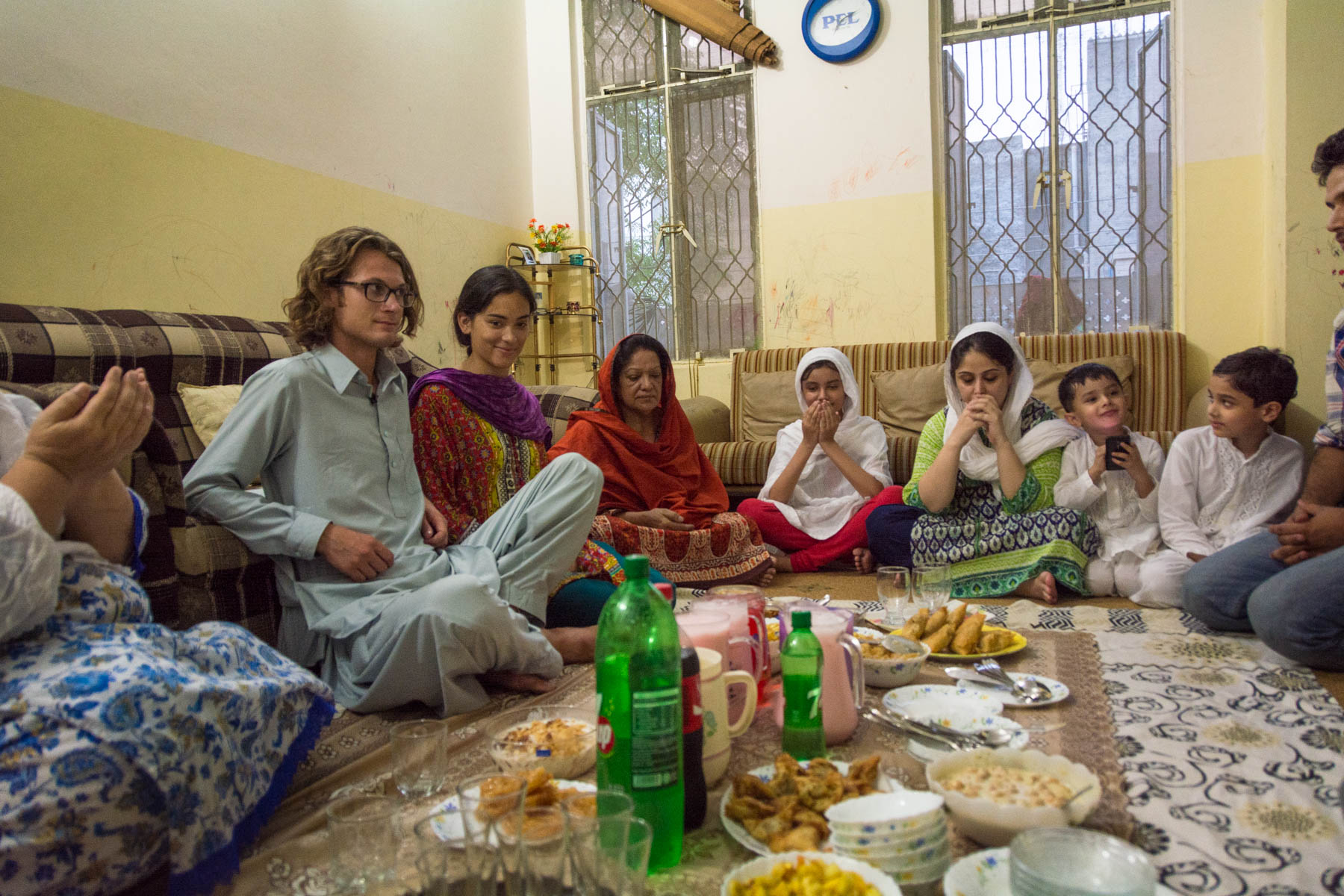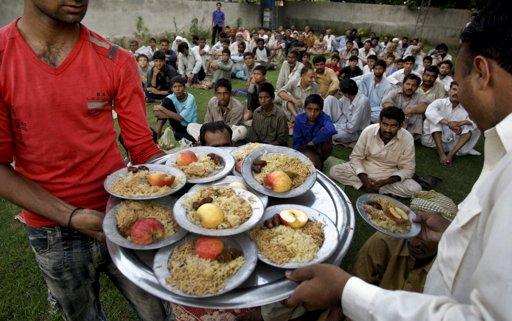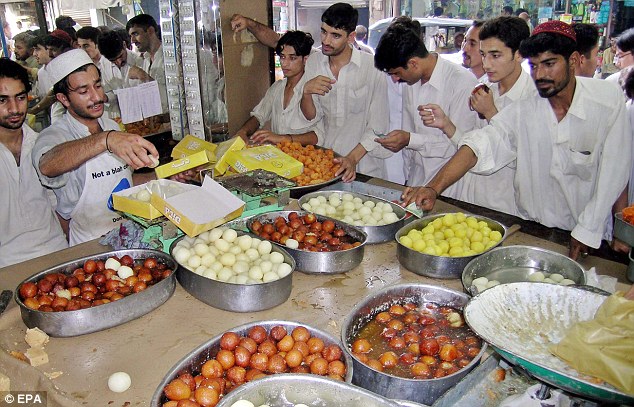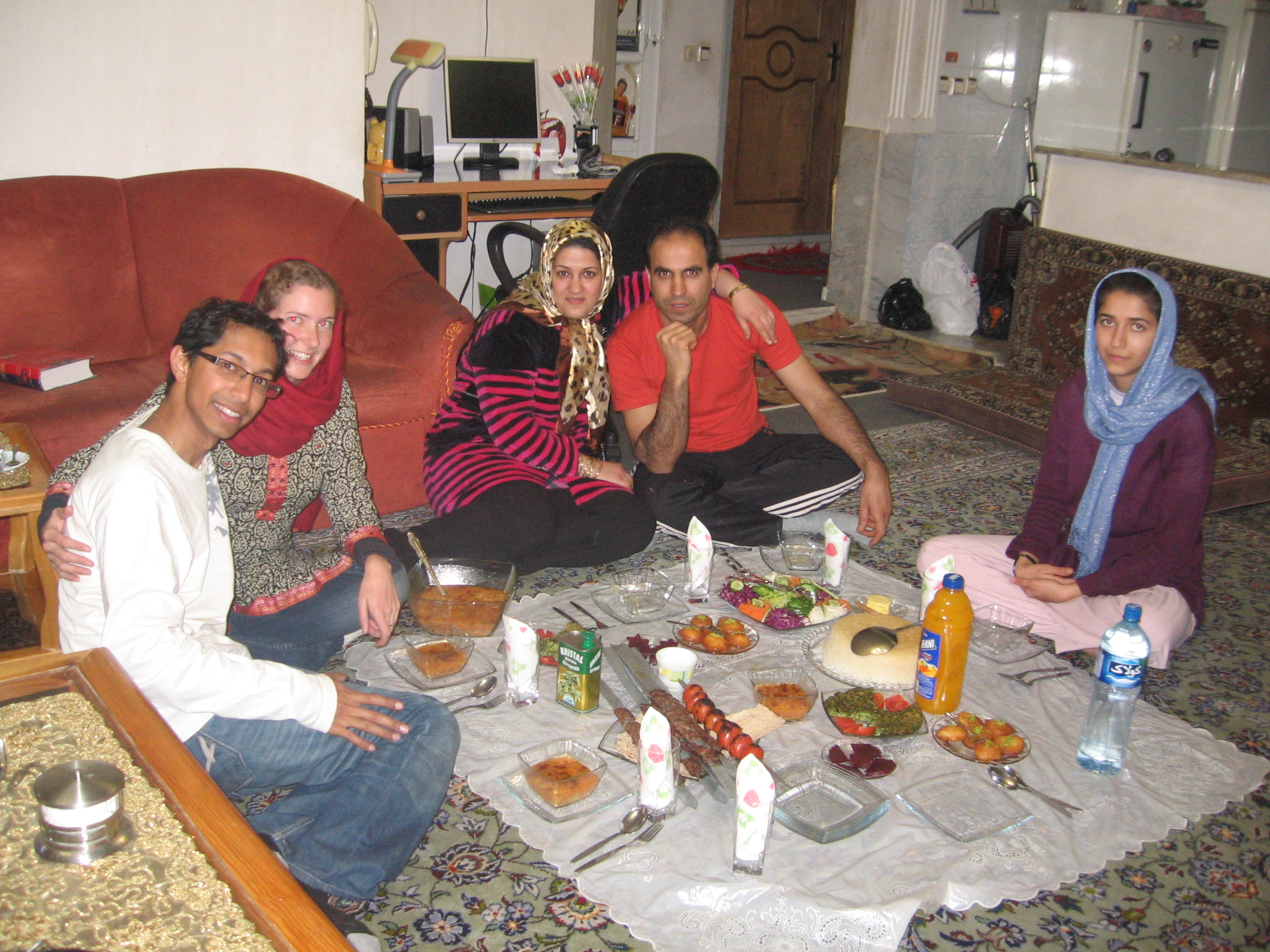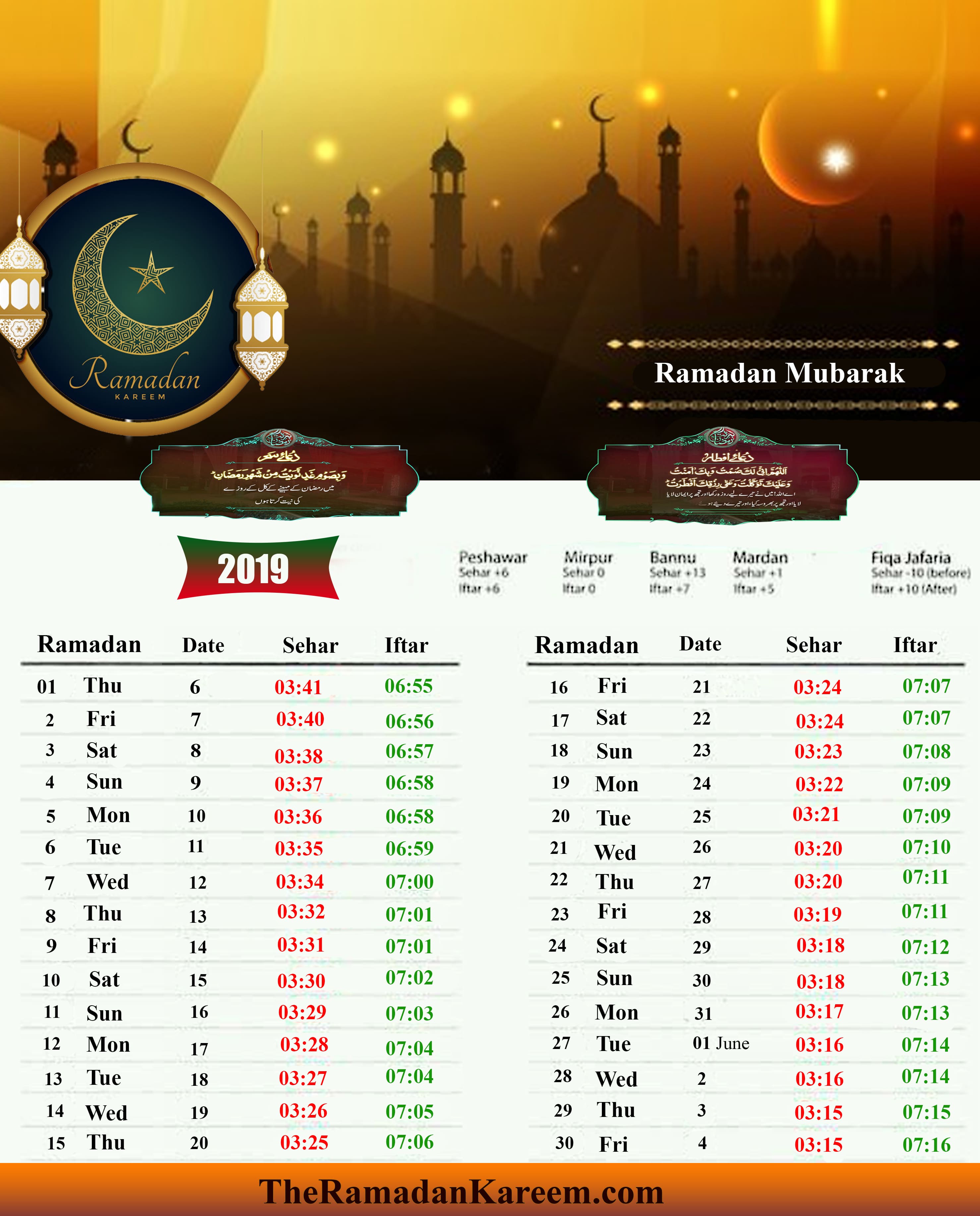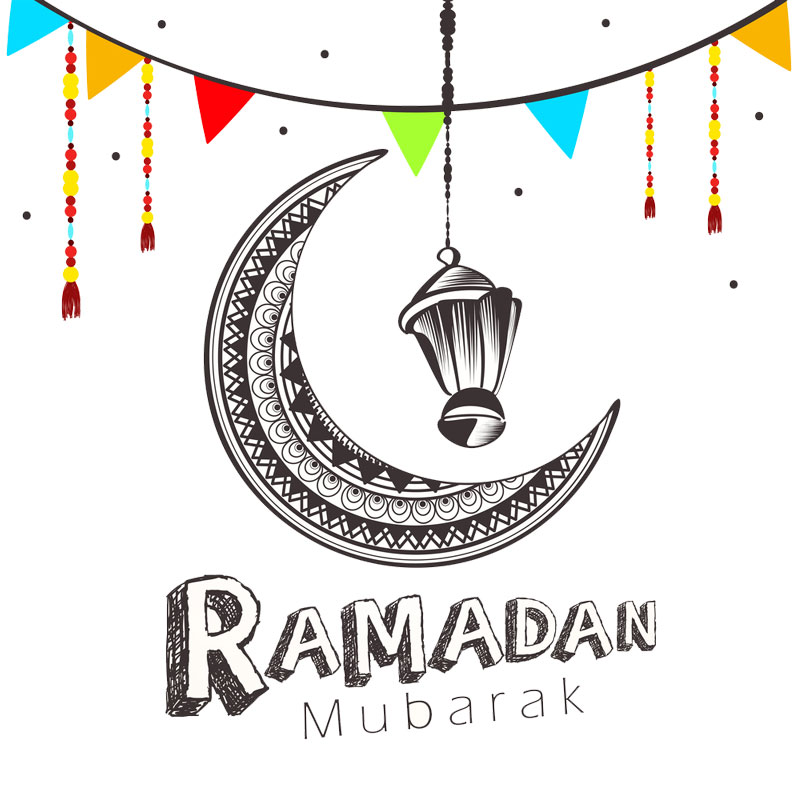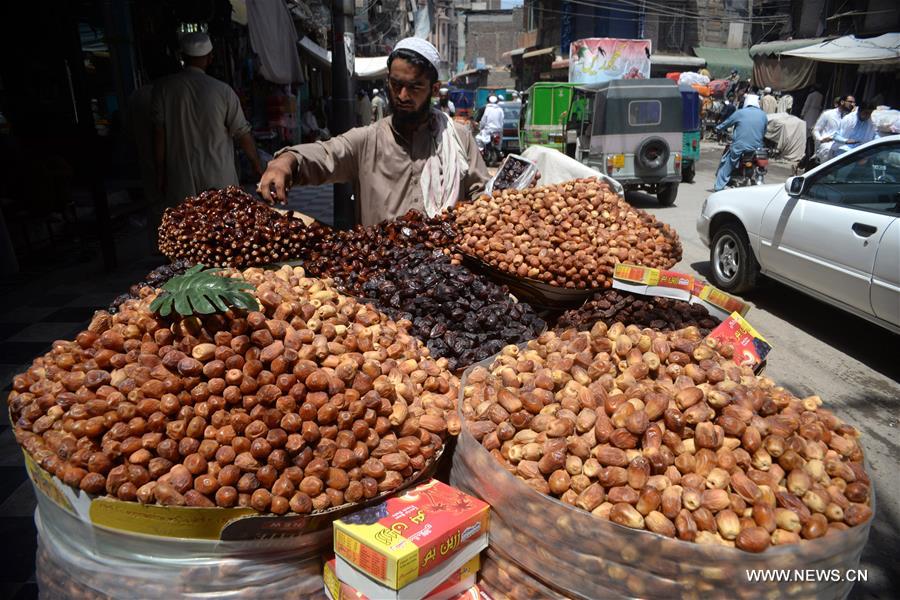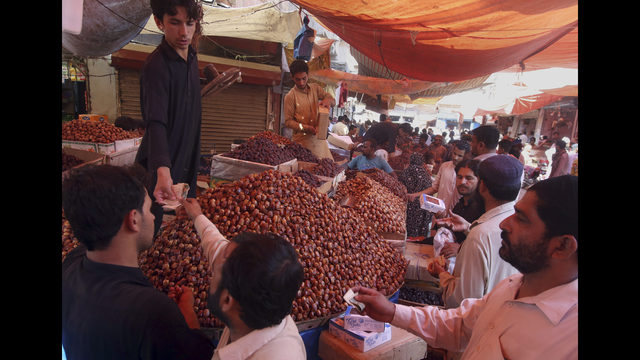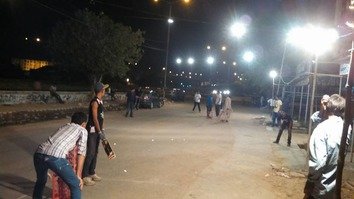Ramadan 2019 in the USA – Dates, Facts, & Fasting Rules
Ramadan 2019 in the USA starts on the evening of Sunday, May 5, 2019 and ends on the evening of Tuesday, June 4, 2019. Dates may vary around the world thanks to differences in the way people around the world see the celestial bodies.
In the Muslim calendar, all holidays start on the sunset of the previous day, so observing Muslims will celebrate Ramadan on the sunset of Sunday, the 5th of May. This holiday always takes place on the same day of the Islamic calendar, but because the two calendars differ, the
date on the Gregorian calendar varies from one year to the next. This is mostly because the Western or Gregorian calendar is based on the sun and the Islamic calendar is based on the moon. In the Gregorian calendar, Ramadan moves around about 11 days each year thanks to differences in the calendars. Another reason it may take place at different times: the sighting of the moon has a ton to do with the start of Ramadan, and this can change from one location to the next.
The dates mentioned here are the ones most accepted by Muslims around the world; the dates were adopted by the Fiqh Council of North America. Note that some families start celebrating early, while other may wait to start the festivities.
What Is Ramadan?
Ramadan is the name of the is the ninth month of the Islamic calendar, which lasts either 29 or 30 days depending on the year. It is also the official Islamic month of fasting, during which Orthodox Muslims refrain from eating and drinking during daylight hours. The purpose of this holiday is to teach Muslims about their faith, how to practice in the face of adversity, how to be spiritual and humble, and how to act submissively to God. In truth, Muslims fast “for the sake of God” and because it lets them pray more to God each day than they would in any given year.
An interesting fact: because the official dates move backwards by about eleven days each year depending on the movements of the moon, a Muslim will have eventually fasted on every day of the Gregorian calendar in just 34 years’ time. Ramadan is a holy month because it was when Allah revealed to humankind the first few verses of the Qur’an from the Islamic prophet, Muhammad.
Where Does the Word Ramadan Come From?
The history of the word Ramadan is interesting.
The word has as its Arabic root R-M-Ḍ, a word that implies strong, painfull, or overwhelming heat. Before this name was used, the the name of the month was Natiq, and since it almost always took place in the warm season, the heat implied in the name Ramadan makes perfect sense.
Ramadan Fasting Rules
Fasting is an important part of Ramadan, a time of spiritual reflection and worship. Muslims are meant to put more effort into following the teachings of Islam, and to avoid making obscene sights and sounds. Couples can only have sexual intercourse after the end of the daily fast. During fasting, all intercourse is prohibited and so are eating and drinking. Ramadan is a time of resisting temptations–sort of like Lent for Catholics but a lot more hardcore.
Fasting is meant to bring on both purity of thoughts and of actions Muslims believe fasting redirects the heart away from the concerns of the world, cleanses the soul, and allows you to be brought into the kingdom of heaven. It’s also an important time for self-discipline, self-control, empathy, and sacrifices made for mothers.
When Do Muslims Start Fasting?
Muslims are required to begin fasting as soon as they reach puberty. The only acceptable reasons for not participating in fasting are a lack of health, insanity, and disability or illness. Elderly people and those dying of a chronic illness are not required to fast, though it is suggested that they do charitable work instead. Pregnant women are also exempt from fasting. For a complete list of all the regulations regarding fasting, consult your local Imam or Muslim advocacy group.
Ramadan Facts
Ramadan is a time of spiritual reflection and worship. Muslims are expected to learn more about the teachings of Islam and to avoid all obscene and irreligious sights and sounds. Sexual intercourse among spouses is allowed only under certain conditions.
Food is given special attention. During Ramadan, Muslims are meant to eat twice a day, once before the sunrise and once after the sunsets.
During Ramadan, Muslims must visit a Mosque as many number of times as they can.
Many Muslims also will read the entire Quran during the month.
At the end of the fasting, when self-denial, penance, and mourning. are complete, there is a festival celebrating the end of the fast. This festival is a part atmosphere, with plenty of music, food, and lots of gratitude and thanksgiving to God. Observing the fast is a way to be pardoned for past sins, making you more empathetic with people who are hungry, and teaching you to control yourself better.
At the end of Ramadan, a three-day festival of prayer and feasting known as ʿAl Id-Fitr takes place. This is a time to enjoy all the food you couldn’t eat before: especially sweet foods, which give this festival its better-known identity: Sweet Id. Muslims use this time to give thanks to Allah for helping them finish their fasting, and the festival is full of gifts exchanging, the handing out of food, and gifts to charity.
Ramadan is mostly misunderstood in the Western world, though many people around the world celebrate this cycle of fasting and repentance. Now that you know more about it, you won’t have to worry why so many of your Muslim friends look hungry anymore.




